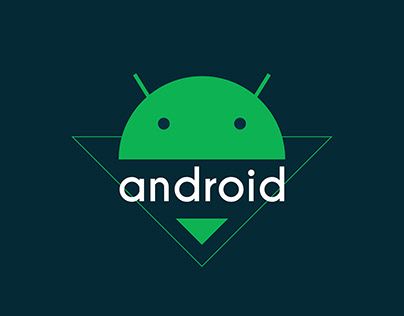Android development is a dynamic and in-demand career path that combines creativity with technical skills. With billions of devices running Android worldwide, becoming an Android developer opens doors to endless opportunities. Here’s a step-by-step guide to help you start and excel in Android development.
1. Learn the Basics of Programming
A strong foundation in programming is essential. Start by learning languages like:
- Java: The traditional language for Android development.
- Kotlin: Officially supported by Google and preferred for modern Android apps.
Familiarize yourself with object-oriented programming (OOP) concepts, as they are crucial in app development.
2. Understand Android Fundamentals
Dive into the core concepts of Android development:
- Android Studio: Learn how to set up and navigate this Integrated Development Environment (IDE).
- XML: Used for designing app layouts.
- Activities and Fragments: The building blocks of Android applications.
- Lifecycle Management: Understand how apps handle states and resources.
3. Practice with Small Projects
Begin by building small apps to gain hands-on experience. Some beginner-friendly projects include:
- A calculator app.
- A to-do list app.
- A weather forecast app using APIs.
These projects will help you grasp the practical aspects of Android development.
4. Learn to Work with APIs
Most modern apps interact with external services. Learn to:
- Use Retrofit or Volley for API calls.
- Parse JSON data.
- Handle RESTful web services.
5. Explore Advanced Concepts
Once you’re comfortable with the basics, delve into advanced topics like:
- Database Management: Use SQLite or Room for local storage.
- MVVM Architecture: For maintainable and scalable code.
- Jetpack Components: Tools like LiveData, ViewModel, and Navigation simplify app development.
- Firebase: Add functionalities like authentication, real-time databases, and push notifications.
6. Build a Portfolio
Create a portfolio showcasing your skills and projects. Your portfolio can include:
- Apps you’ve built and published on the Play Store.
- Code samples on platforms like GitHub.
- Documented features and functionalities of your projects.
7. Stay Updated with Trends
Android development evolves constantly. Follow blogs, YouTube channels, and Google’s Android Developer documentation to stay updated. Learn about emerging technologies like:
- Android Jetpack Compose: For modern UI design.
- Kotlin Multiplatform: For cross-platform development.
8. Join Developer Communities
Engage with the Android developer community through forums like:
- Stack Overflow
- Reddit Android Dev
- Android developer meetups and hackathons.
Networking can provide valuable insights and collaboration opportunities.
9. Publish Your Apps
Publishing apps on the Google Play Store is an excellent way to showcase your skills. It also allows you to receive feedback, understand user behavior, and improve your development process.
10. Consider Certifications
Certifications like the Google Associate Android Developer credential validate your skills and improve your job prospects.
Conclusion
Becoming an Android developer is a journey of continuous learning and experimentation. By mastering programming, building projects, and staying updated, you can carve out a successful career in Android development. Start small, remain persistent, and soon, you’ll be developing apps that impact millions of users.

